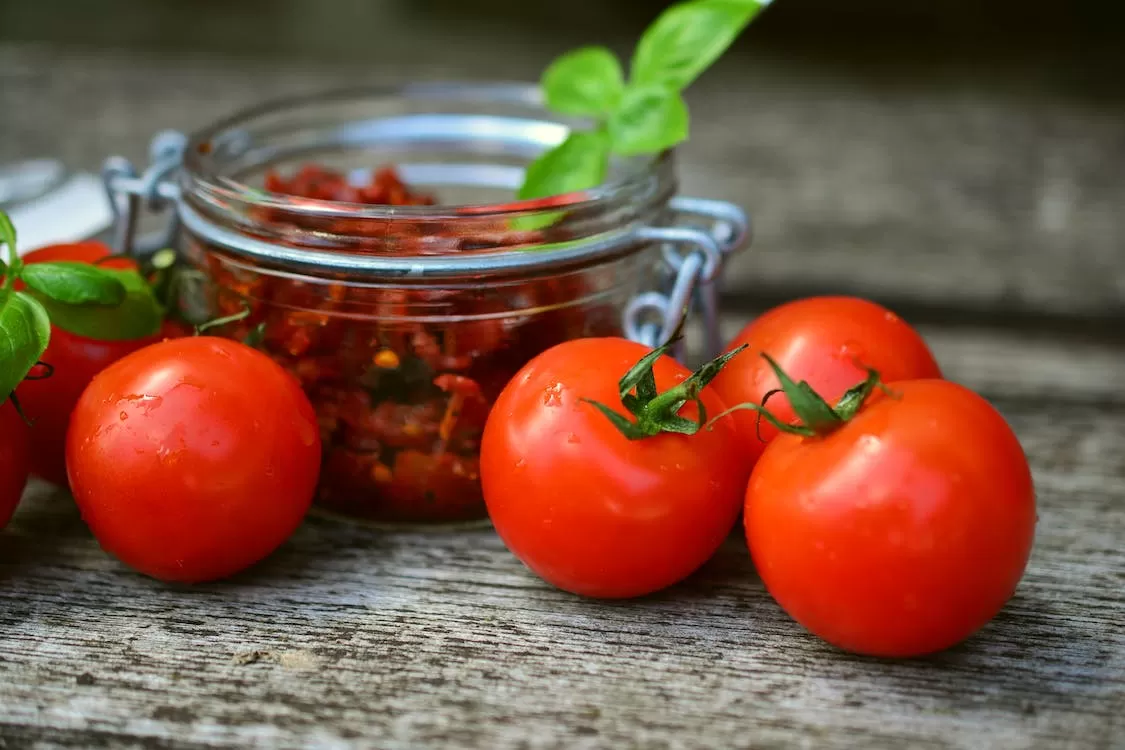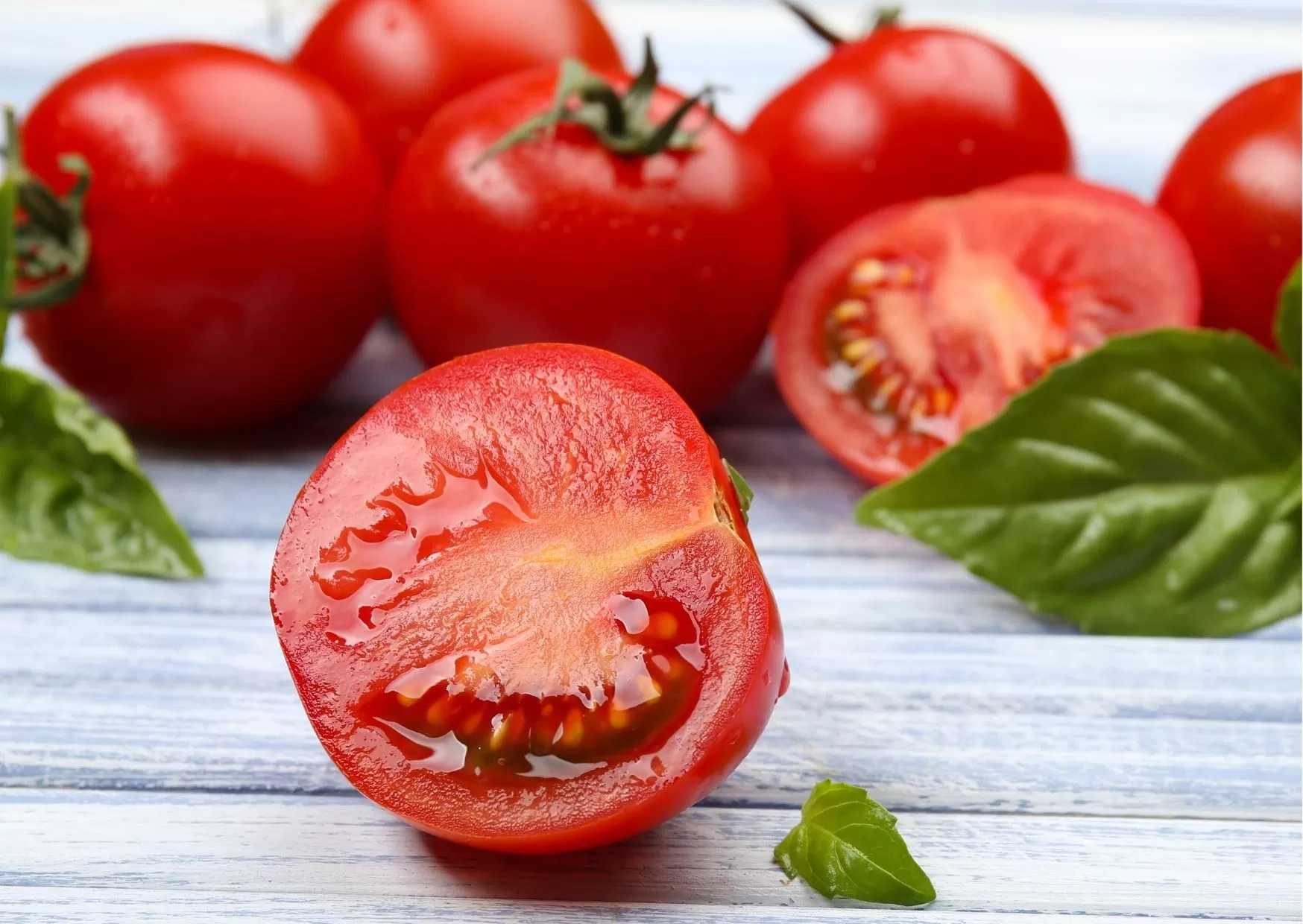- 0086-571-85302990
- sales@greenskybio.com
Lycopene: Who Should Avoid This Potent Antioxidant
2025-03-23

Lycopene is a naturally occurring carotenoid found predominantly in tomatoes and other red fruits and vegetables. Revered for its antioxidant properties, Lycopene has been a focus of research concerning its potential health benefits, including heart disease prevention, cancer risk reduction, and skin protection. However, while Lycopene is generally considered safe, certain individuals and groups may need to moderate or avoid intake due to specific health conditions, dietary restrictions, or potential interactions with medications. This article explores who should exercise caution with lycopene consumption, providing a comprehensive understanding of its contraindications and considerations.
Understanding Lycopene and Its Benefits
Lycopene belongs to the carotenoid family, characterized by its bright red pigment and potent antioxidant capacity. Its primary mode of action involves neutralizing free radicals, which are highly reactive molecules that can cause cellular damage and contribute to the development of chronic illnesses. Numerous studies have linked lycopene to reduced risks of cardiovascular diseases, prostate cancer, and decreased oxidative stress. Beyond this, lycopene has been associated with improved skin health and photoprotection, making it a valuable component in both diet and skincare.
Despite these benefits, lycopene supplementation and dietary intake might not be appropriate for everyone, necessitating a closer examination of potential contraindications.

Individuals with Allergies or Sensitivities
1. Allergies to Tomatoes:
People with tomato allergies should avoid lycopene, as it is predominantly derived from tomatoes. Tomato allergy symptoms may include rashes, itching, gastrointestinal disturbances, or respiratory issues. It is essential for individuals with known tomato allergies to be cautious when consuming foods and supplements containing lycopene.
2. Gastrointestinal Sensitivities:
Some individuals may experience gastrointestinal discomfort upon consuming high levels of lycopene or tomato-based products. This can include symptoms like bloating, diarrhea, or abdominal pain. Individuals with pre-existing gastrointestinal conditions, such as irritable bowel syndrome (IBS), should monitor their lycopene intake and consult healthcare providers if symptoms persist.

Drug Interactions and Medical Conditions
1. Blood Thinners and Anticoagulants:
Lycopene may potentially interact with blood-thinning medications, such as warfarin or aspirin. While evidence is limited, there is concern that excessive lycopene intake might alter the effectiveness of these medications or increase bleeding risk. Patients taking anticoagulants should discuss lycopene intake with their healthcare providers to avoid adverse interactions.
2. Cardiovascular Health Concerns:
While lycopene is generally beneficial for heart health, individuals with specific cardiovascular conditions, such as hypotension (low blood pressure), should be cautious. Lycopene's antihypertensive properties can exacerbate low blood pressure, causing symptoms like dizziness or fainting. It is advisable for individuals with known hypotension to avoid high levels of lycopene.
3. Pregnancy and Breastfeeding:
Pregnant and breastfeeding women should exercise caution with lycopene supplements. Although lycopene from natural food sources is generally safe, the effects of concentrated supplements during pregnancy or lactation are not well-studied. Women in these stages should prioritize natural lycopene sources and consult medical professionals before supplement use.
4. Cancer Patients Undergoing Treatment:
While lycopene has been associated with cancer risk reduction, individuals undergoing certain cancer treatments may need to limit or avoid lycopene supplements. Some therapeutic protocols might be sensitive to antioxidant levels, potentially interfering with treatment efficacy. Oncology patients should always discuss dietary supplements with their healthcare team before usage.

Dietary Considerations
1. Dietary Restrictions and Preferences:
Individuals following dietary restrictions such as low-oxalate or low-acid diets, often recommended for kidney stone prevention, should limit lycopene-rich foods like tomatoes. Lycopene-rich foods might exacerbate conditions related to oxalate accumulation or acidity.
2. Vegan and Vegetarian Diets - Balanced Intake:
While lycopene-rich foods align well with plant-based diets, individuals should aim for a balanced intake. Overconsumption of one specific nutrient may lead to deficiencies in others, necessitating a diverse and well-rounded dietary approach.
Monitoring and Managing Lycopene Intake
Given its widespread presence in fruits and vegetables, moderating lycopene intake is crucial for individuals with the above conditions. Those needing to limit lycopene should focus on alternative fruits and vegetables that offer similar antioxidant benefits without potential contraindications.
Healthcare providers play a vital role in assessing lycopene consumption within individualized dietary plans, ensuring that intake aligns with health conditions and treatment objectives. Regular monitoring and consultation with nutritionists can aid in maintaining optimal health outcomes without compromising the potential benefits of lycopene.
Conclusion
While lycopene offers numerous health benefits, certain individuals may need to exercise caution based on allergies, medical conditions, or potential interactions with medications. Conscientious assessment of one's health status, alongside professional guidance, can aid in tailored dietary choices that maximize well-being while minimizing risks. Lycopene, like any nutrient, should be integrated thoughtfully into health-conscious lifestyles, ensuring alignment with individual needs and the broader spectrum of dietary health.
- ▶ Hesperidin
- ▶ citrus bioflavonoids
- ▶ plant extract
- ▶ lycopene
- ▶ Diosmin
- ▶ Grape seed extract
- ▶ Sea buckthorn Juice Powder
- ▶ Beetroot powder
- ▶ Hops Extract
- ▶ Artichoke Extract
- ▶ Reishi mushroom extract
- ▶ Astaxanthin
- ▶ Green Tea Extract
- ▶ Curcumin Extract
- ▶ Horse Chestnut Extract
- ▶ Other Problems
- ▶ Boswellia Serrata Extract
- ▶ Resveratrol Extract
- ▶ Marigold Extract
- ▶ Grape Leaf Extract
- ▶ blog3
- ▶ blog4
- ▶ blog5
-
Does lycopene increase testosterone?
2025-03-23
-
Which fruit is rich in lycopene?
2025-03-23
-
Does lycopene help sperm?
2025-03-23
-
What does lycopene do for your skin?
2025-03-23
-
Why Do Men Need Lycopene?
2025-03-23
-
What Is Lycopene Useful For?
2025-03-23
-
What food has the highest lycopene?
2025-03-23
-
Epimedium extract powder
2025-03-23
-
Hedyotis Diffusa Extract
2025-03-23
-
Sea buckthorn Juice Powder
2025-03-23
-
Lemon Balm Extract
2025-03-23
-
Licorice Root Extract Powder
2025-03-23
-
Acai Berry Extract
2025-03-23
-
Cranberry Extract
2025-03-23
-
Withania Somnifera Extract
2025-03-23
-
Motherwort Extract
2025-03-23
-
Sugarcane Extract
2025-03-23






























